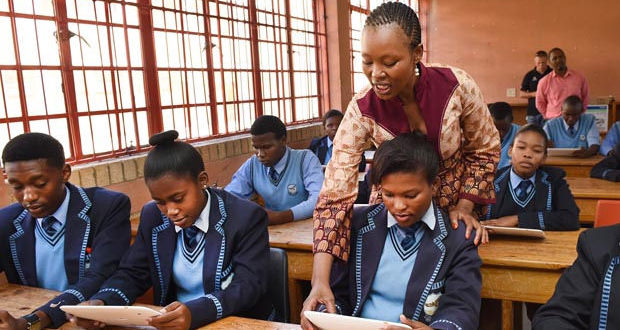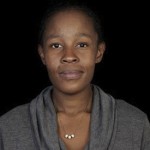SA student movements have focused on transformation in higher education, with a particular focus on diversity and an Afrocentric curriculum but KOKETSO MOETI thinks we need to start fighting this battle much earlier.
University student collectives from Rhodes Must Fall and Transform Wits to Open Stellenbosch and the Black Student Movement have spearheaded a national conversation about the need to decolonise our higher education system. Their call includes the transformation of subject content, recognising the exclusion of black knowledge producers as well as the lack of reflectiveness of the curriculum.
Without a doubt this is a critical issue, but it is however not a matter limited to higher education institutions, and as parents, we need to start critically engaging and questioning what our children are consuming from an even younger age.
Research shown that the biggest growth of neurological pathways in the brain takes place in the first three years of life and that early childhood experiences make a huge impact on one’s future development.
Reading and being read to have been shown to have a huge impact on this. Not only does it lay a strong foundation for academic excellence, but the sensory stimulation it provides is also beneficial. Books are also a gateway to new experiences and can also contribute heavily to children’s social behaviour.
As parents we are encouraged to read to our children, but because of pressures to earn a living and grown up life in general, many children spend a lot of time in some form of childcare or another, with the bulk of their time at home being used for sleep. Apart from that, the cost of books is also a hindrance.
But the impact of this on black children is far reaching: a lot of material at crèches, preschools and primary schools is not diverse. I remember as a child colouring pictures with yellow hair and leaving their skin uncoloured and in hindsight, it was because a lot of what I was exposed to was white characters in children’s programmes, books and also because their hair was always straight, I could deduce that they were white. In short, in most children’s content being white was the assumed natural way of being.
When I moved to Johannesburg and began my search for a cr̬che for my kids, I found that the reading material was full of white characters and all in English Рdespite every cr̬che I went to having a majority of black children. What this has meant is that black children are often forced to exercise their imaginations and experience many things through representations of whiteness. It also sends them the message that some things, whether adventures on a spaceship or holidays at the beach are not for kids like them Рthat they and their experiences do not matter.
Except for the books with animals, all the books in our house are of black and brown characters. What’s interesting is that all the pictures my children colour, the people are always of colour, whether black or brown. A teacher once noticed and said my kids were very “racialised”, which I didn’t understand; why is it an anomaly to colour in people as black in a crèche in which black kids are the majority, in a country in which we are a demographic majority and even if we weren’t, children should be allowed to draw, paint and colour people that look like them as they see fit.
While the emergence of projects like FunDza, Nali’bali and Book Dash in South Africa have fundamentally had an impact on accessibility, ensuring that black children are mirrored in what they read; that our cultures, languages and traditions are represented, they have not yet become part of the curricula of many childcare institutions, meaning the whitewashing continues.
Perhaps it’s time to have a conversation about ensuring our kids are not colonised in the first place; one that can only be started by parents and caregivers. Our kids deserve much better than what they are currently getting and are thus losing out on the many benefits of an activity that has many a time been found to be a “dominant blueprint of shared cultural values, meanings and expectationsâ€.










